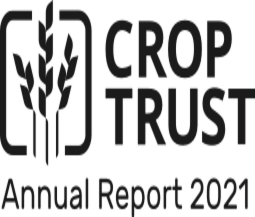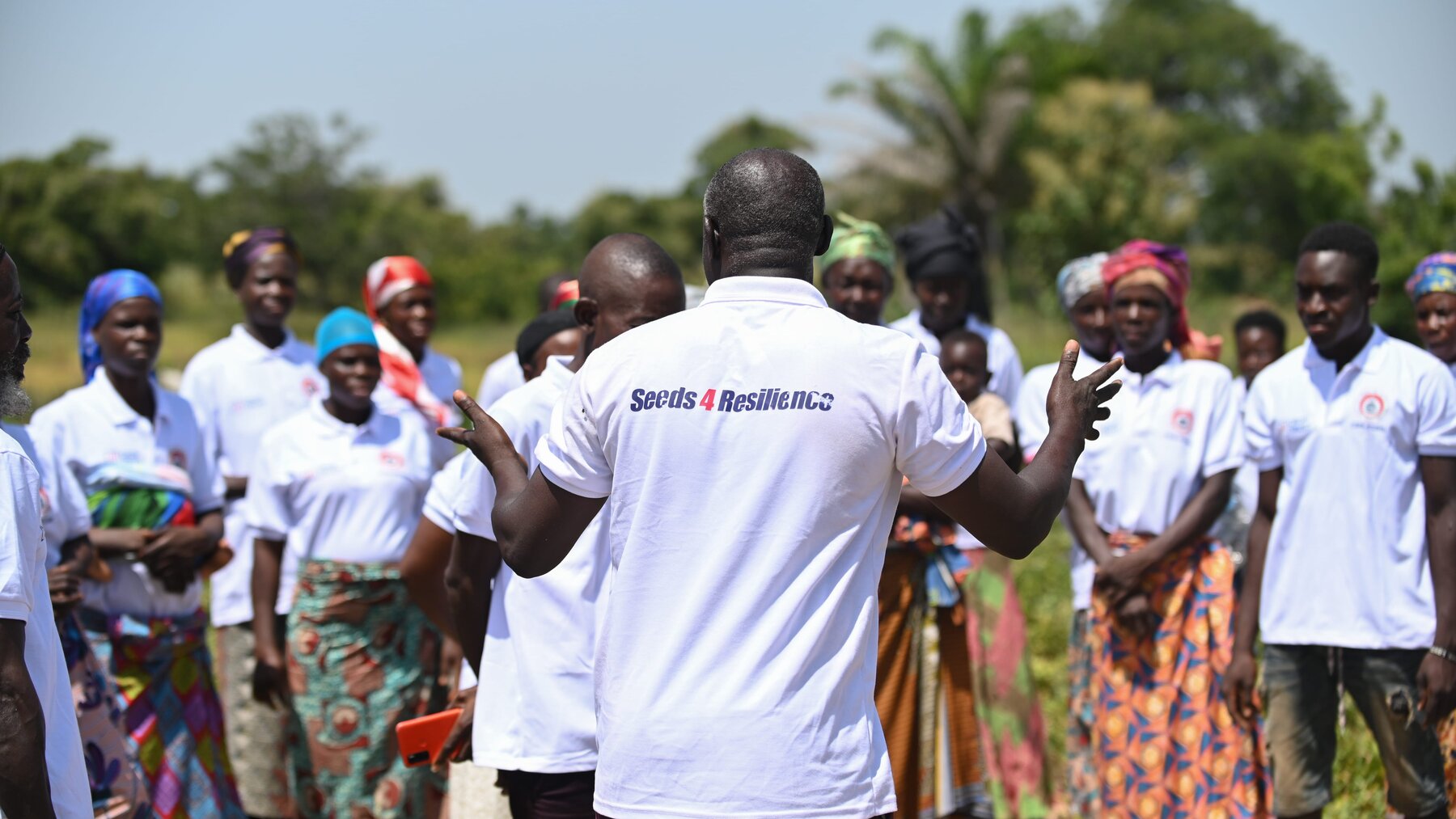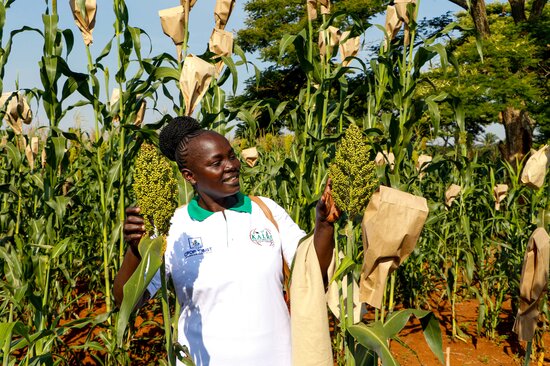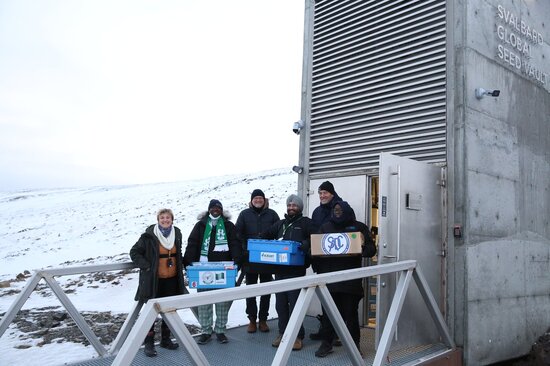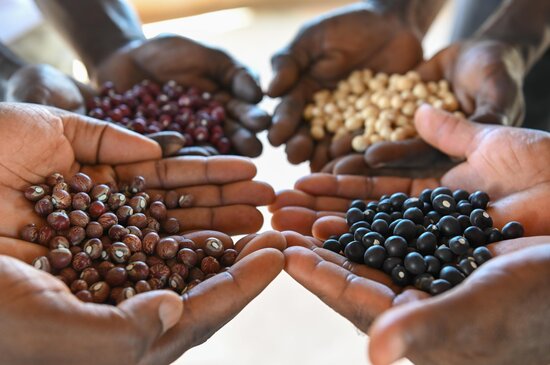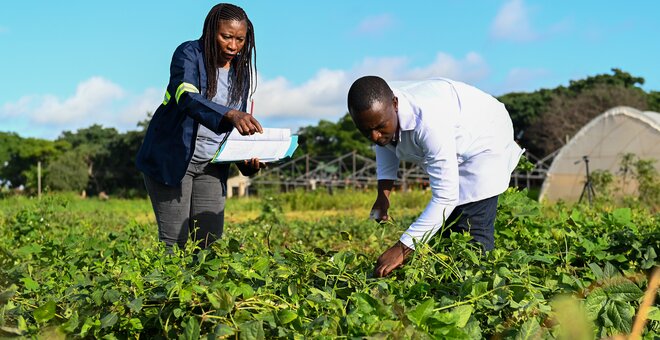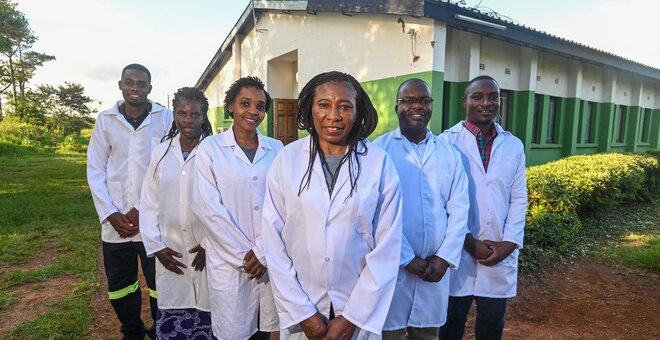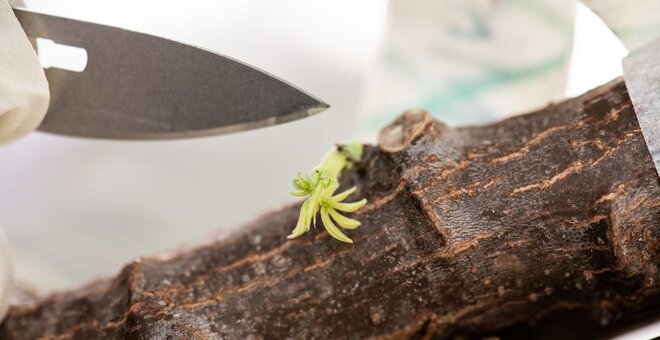Sowing the Seeds of Resilience Across Africa
In 2023, the Seeds for Resilience (SFR) Project, supported by the German Development Bank (KfW), continued its work on African crop diversity. Collaborating with five national genebanks, the project aims to enhance agricultural resilience by conserving, sharing and utilizing key crop collections, including climate-resilient varieties.
The SFR partners include the Ethiopian Biodiversity Institute (EBI), the Plant Genetic Resources Research Institute (PGRRI) of Ghana, the Genetic Resources Research Institute (GeRRI) of Kenya, NACGRAB of Nigeria and the National Plant Genetic Resources Centre (NPGRC) of Zambia.
In 2023, SfR organized workshops from genebank staff on crop regeneration, genebank management and leadership. Standard operating procedures for various genebank processes and risk management systems were developed and audited. Safety duplication of collections was carried out, with NPGRC, NACGRAB and PGRRI shipping 4,040 accessions to the Svalbard Global Seed Vault.
Infrastructure improvements included installing an irrigation system at NPGRC in Zambia, aiding the maintenance of over 200 sweetpotato accessions. Specialized lab and IT equipment enhanced operations, and partners trialed the GGCE genebank data management software. NACGRAB and GeRRI adopted GGCE, serving as guides for other genebanks.
The project also focused on making available accession information online via Genesys, with partners publishing 108,373 records. To ensure collections reach end users, field evaluation trials with farmers identified important climate-resilient varieties for local use, particularly underutilized crops like traditional leafy vegetables, Bambara groundnut and sorghum. SfR partners are now developing action plans to guide other national genebanks in sharing collections with user groups.
We chalked up some great successes with the help of Seeds for Resilience at the Ghana genebank. We developed and implemented a genebank quality management system, we engaged smallholder farmers in a proactive manner, and we made the very first deposit of seeds from Ghana at the Svalbard Global Seed Vault. This has given local and global visibility to the Ghana genebank’s collection and enhanced prospects for its use for building resilience and enhancing food and nutrition security.
